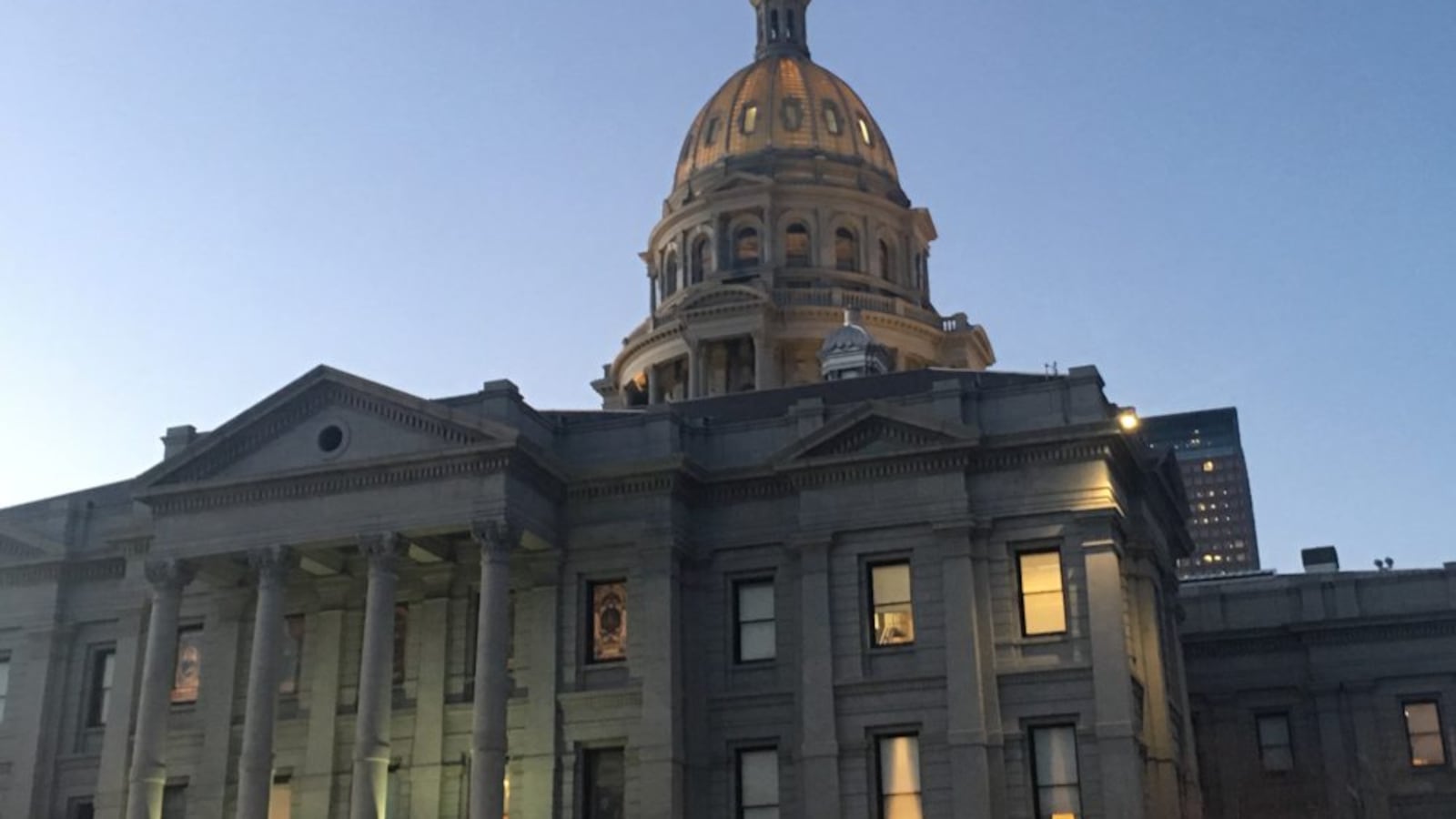A special committee charged with changing Colorado’s outdated formula for distributing money to schools will not recommend any legislation in 2020.
The Democratic chair of the bipartisan Interim Committee on School Finance, state Rep. Julie McCluskie of Dillon, said the group ran out of time. Reaching the end of the third year of what started as a two-year process, the committee had until the start of the legislative session on Wednesday to vote on a bill. McCluskie said it wasn’t possible to bridge certain philosophical divides and do a detailed fiscal analysis so that the 10 committee members could cast informed votes before next week.
But the Republican vice chair, state Sen. Paul Lundeen of Monument, said politics, and not the calendar, was the main barrier.
“I’m frustrated,” he said. “We have an opportunity to make the formula about students, and the power establishment is blocking progress.”
The “power establishment,” Lundeen said, refers to school districts that would lose money if the state were to change how it distributes funds without putting significantly more resources into K-12 education.
Draft legislation presented in December would have given districts more money for students living in poverty, for those learning English, and for those with disabilities, in contrast to the current formula that gives more consideration to district characteristics like cost of living and size. But the proposal left blank spots for many of the factors, including whether those district characteristics should continue to play a role in how much money school systems get. And without specific numbers, there was no price tag on the proposal.
School district leaders objected to any plan that would reduce the current level of funding for some districts. One committee member even described doing so as rearranging the deck chairs on the Titanic. And because Colorado voters would need to approve any new statewide taxes and have so far declined to do so, there’s no immediate way to put a lot more money into education.
The committee was to have met one more time before the start of the 2020 legislative session on Jan. 8 to see if they could reach consensus on a bill. Bills approved by special committees have a head start in the legislative process — though no guarantee of passage — and bipartisan support from members of both the state House and Senate was seen as particularly important on this potentially contentious issue.
In an email sent Thursday afternoon, McCluskie and Lundeen said there would be no additional meeting but that individual lawmakers would keep working on the proposal. They called December’s draft “a constructive step forward.”
In an interview, McCluskie said she believes great progress was made in the final year and that a bill could still be introduced this session, just not one with committee backing.
“With more time, I think we could have worked through some of the additional challenges with the bill,” she said. “We have taken on a fairly significant challenge in reworking the school funding formula one step at a time. By doing that, we’ve been able to keep moving forward without hitting a brick wall and having to stop. By taking the pressure off, we’re allowing ourselves additional time to move forward in a way that is thoughtful and deliberate and transparent.”
Lundeen said he also remains an optimist, but moving forward will require “changing the political calculus.”
“I don’t know how we do that,” he said.

